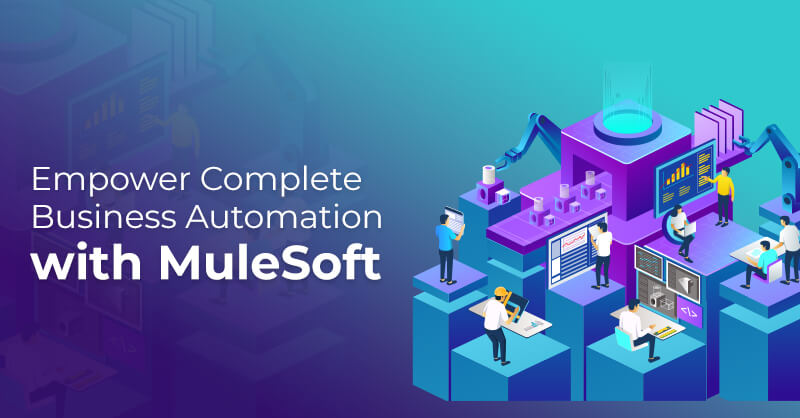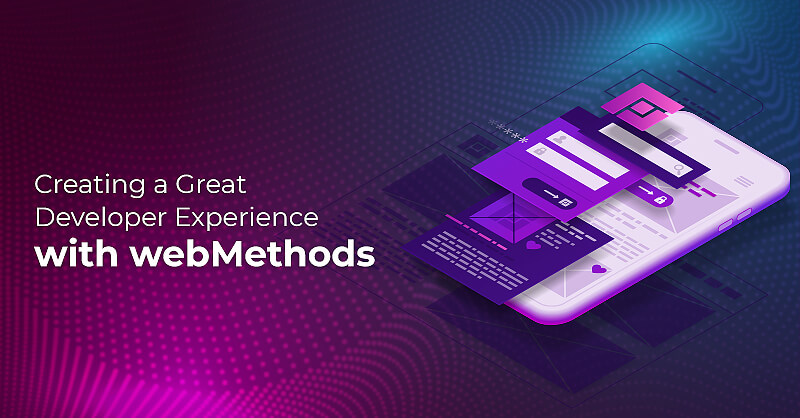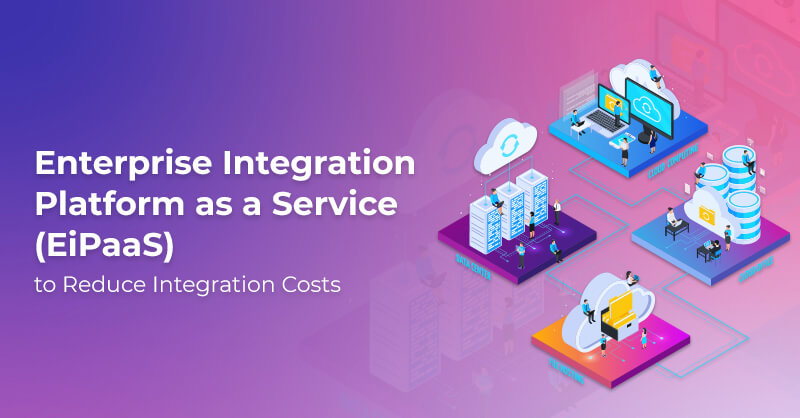Future-Proof IT Disruption with MuleSoft API
Written by Harini Krish
Lead Technical Content WriterIn recent years, the concept of disruption has been given regal status across businesses, startups, and tech circles. Yet, with such great weight placed on change, user experiences are without any doubt facing evolution as well. Application programming interfaces have great transformative powers to interrupt business, but are they also altering how we think?
In a word: The API is the guiding force behind most of the digital disruption in the consumer space happening right at the moment — cloud-based infrastructure, Facebook logins, mobile apps, online shopping, etc., — it is because, most commonly, people do not realize it. Indeed, APIs are quietly increasing connectivity and enabling unprecedented services, disrupting how we interact with the world.
APIs Are Holding Our World Together
Without APIs, more than half of the key technological trends could not be possible. If you expect to access information from anywhere efficiently and to share data quickly without the capital expense costs, you must reach for the sky — and APIs are the stairway to the cloud.
APIs are everywhere, and people know or expect it. As technology evolves, we demand a seamlessly integrated experience from one device to the next. While the average customer is comfortable to having technology run.
What do most of the organizations like retailers, manufacturers and healthcare providers have in common? They all need to access data to bring in mission-critical and time-sensitive initiatives. Manufacturing companies need ERP data to ensure that the supply chain is on track, for example, to stock up retailers. Hospitals need EHR data to triage patient requests more effectively for medical testing. Restaurants are bound to a new ecosystem of food delivery applications and connect their back-end systems to these apps for data, like orders, location, and offers. Today, integration is critical to keeping organizations and communities moving forward.
Getting Ahead of Disruption with Integration
In a progressively digital era, the number of apps, data, and devices continues to increase, and disruption never seems to stop. Major world events and catastrophes, such as COVID-19, forever change customer habits and impact existing value chains. With the COVID-19 pandemic, establishments universally are facing unprecedented disruption to their business and operations. Enterprises are experiencing new and prevailing challenges, such as ensuring business continuity, undergoing technology transformation, and empowering the digital workforce with novel ways of working.
To endure these conditions, organizations must act cautiously yet aggressively to minimize the impact on their business and operations. But some companies are struggling to adjust as their IT teams and technology stacks are not prepared to change this fast. Integration is the key to enable digital capabilities and transforming IT operations to increase their speed and agility for today and the future. By connecting their data from any system, companies can transform IT to be more responsive, resilient, and efficient.
Investment in Integration
Enterprises embracing the opportunity to lead through this crisis will be balancing both short- and long-term thinking, along with strategic decision-making. They will quickly evaluate what is necessary to keep the lights on in the near term. Simultaneously, they will need to consider building future-proof fundamentals to ensure their organizations arise from this crisis to sustain and withstand any disruption. In addition, there will be a deep dependency on digital capabilities to support internal operations and customers, as we have never seen before. As a result, IT leaders and CIOs will intend a strategic investment in integration to support the unparalleled demand for digital capabilities in the near term and drive their companies for a competitive advantage in a long time.
Choosing and designing the correct modernization strategy can be a overwhelming task for businesses. Fear of disrupting business continuity is a general reason for postponing modernization plans.
As IT groups implement an integration strategy, they will need to gain support from their organization to prioritize integration by communicating its value clearly and compellingly. While powerful business cases are an essential tool for evaluating high-value solutions, ROI is often left to the enterprise customer to figure out. However, Royal Cyber’s MuleSoft Consulting team takes a well-organized approach to help customers extract value from the Anypoint Platform by focusing on their organization’s strategic goals and highest priority business outcomes.
How to Measure the ROI of Business Integrations
MuleSoft’s collaborative value assessment (CVA) methodology has been reviewed and validated to be rigorous and effective in a high degree of confidence that these benchmarked improvements could be achieved with the Anypoint Platform:
- 65% higher IT productivity
- 63% reduction in maintenance cost
- 64% faster integration
- 86% reduction in deployment costs
- 89% improvement in resource utilization
The capability for customers to achieve the above benefits that transform IT to become more agile, resilient, and efficient is critical for enterprises to become accustomed to change in the near and far. Anypoint Platform lets businesses integrate systems and unify data with reusable APIs to compose connected experiences while maintaining security and control easily. In addition, the reusable APIs built on the Anypoint Platform fast-tracks digital transformation and empowers businesses to adapt quickly in an environment where change is happening in increasingly compressed timescales.
Getting Started with MuleSoft
Download this Whitepaper which provides insights into tangible business benefits of the MuleSoft Anypoint Platform. Data and integration are the fuel that drives digital transformation. Unfortunately, this fuel is in short supply for most initiatives because of the integration strategies being used to deliver it. Without this fuel, transformation initiatives die a slow and costly death, never accomplishing the business objectives they sought out to meet. Royal Cyber and our expert team are available 24/7 to help you overcome your integration challenges and achieve your business goals. For more information you can email us at info@royalcyber.com or visit www.royalcyber.com.



